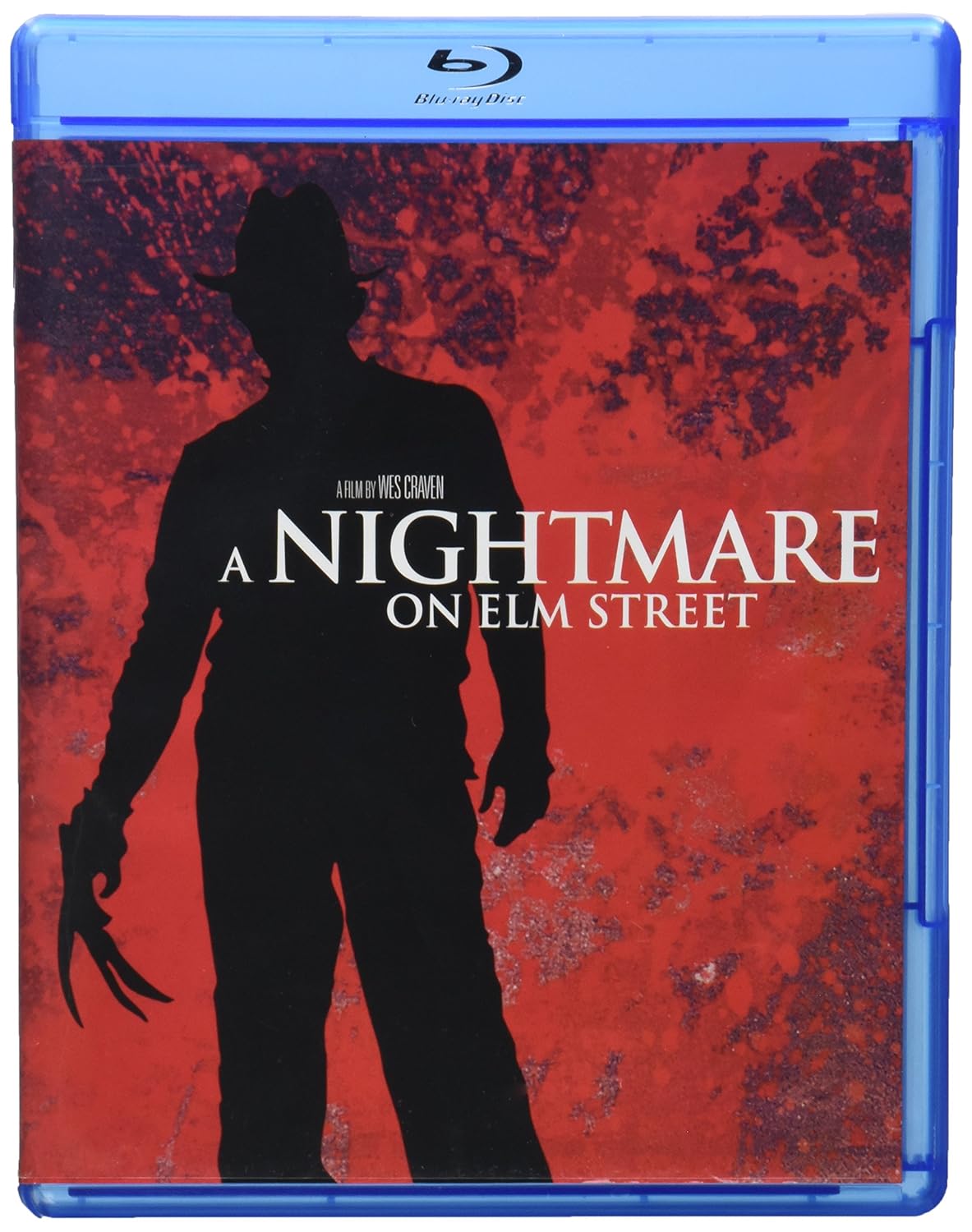I didn't watch this when it came out, and I'm not going to watch it now. Well, not in its entirety.
But if I learn there's some Shakespeare of interest (note the qualifier there) in a film, I may track it down—even if (as is the case here) I really don't care for the film's genre.
I don't imagine I'll need to give the plot of this film. Those of us who didn't see it may have caught "A Nightmare on My Street" by D. J. Jazzy Jeff and the Fresh Prince and picked up on the plot from there. If you haven't seen that, the embedded video at the end of this post will enable you to get hip to the jive.
The plot of the film is somewhat relevant to the Shakespeare in it. Since we're in a movie populated by high schoolers, we need to have a scene set in a classroom. Fortunately, that scene includes Shakespeare! Let's take a look. Note: I have excised the scariest images from the clip, but you'll still see a pool of blood at one point.
There are a few things to note here—other than the fact that falling asleep in class can be hazardous to your health. First, I'd like to know more about where the teacher is going with her lecture. First, she says, "What is seen is not always what is real." And that leads us viewers to think, "Seems, madam? I know not seems." But then she says that Shakespeare thought there was "something operating in nature, perhaps inside human nature itself, that was rotten." "Ah," we think, "that's some real State of Denmark stuff!"
But then she goes on to talk about the idea of what Shakespeare calls a "canker"—which might equate to total depravity or the evil inherent in the human heart. She may be thinking of Hamlet's Act V justification of his plan to dispose of Claudius:
. . . is't not perfect conscience,To quit him with this arm? and is't not to be damn'd,To let this canker of our nature comeIn further evil? (V.ii.67-70)
But she then heads to the gravediggers—as examples of people who go beneath the surface. "All right, then," we say. "Let's see how that all connects!"
Instead, we head to Julius Caesar . . . only we don't really head to Julius Caesar; instead, we head to Horatio's lines about Julius Caesar (I.i.113ff). I think the idea of the dead coming back to squeak and gibber is what the filmmakers are going for there, but I'd like to know how the teacher's mind is working. Had they read Julius Caesar in this class already? Is that where the connection lies? Or are these sheeted dead to be counted self-gravediggers, exhuming themselves to get some squeaking and gibbering done?
Naturally, that's where our protagonist falls asleep and sees a bloody vision. When her attention comes back to the class, the student who has been reading continues—but in a different voice and with a different speech. We've been heading toward "were it not that I have bad dreams" all along!
I don't think it's altogether thoughtless—the quote from Hamlet's nutshell speech (II.254ff) could be a good movie poster blub—but I'd like a bit more. But I'm not going to watch the rest of the film to see if there are deeper things at work with the use of Shakespeare in A Nightmare on Elm Street. I'm already having trouble falling asleep!
Links: The Film at IMDB.










No comments:
Post a Comment